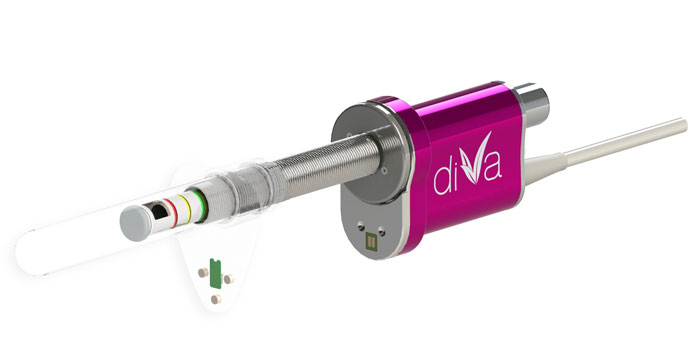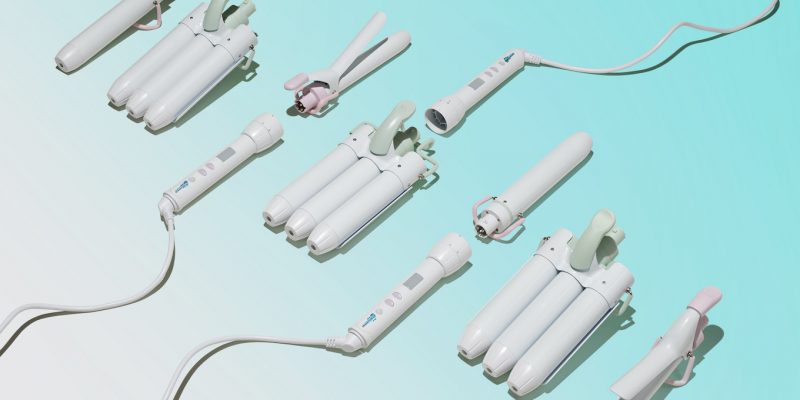Health & Fitness
It’s Time to Take Control of Your Intimate Health
Many women silently suffer with genitourinary syndrome of menopause, but a safe and innovative laser treatment can help restore confidence.
Read Next

Horoscope
Where To Travel This Summer, According To Your Star Sign
The stars have spoken and whether you're a Capricorn itching for Capri or an Aquarius yearning for Aguilla, this is where to venture to this summer based on your zodiac.

Fashion
Tennis Champions Roger Federer and Rafael Nadal Climb a Mountain With Louis Vuitton
An Odyssey of rivals turned friends.

Life and Love
Have You Tried These Goodies for Sexual Wellness Yet?
Consider this your sign that it’s time to improve your sexual well-being—a key part of your overall health.








